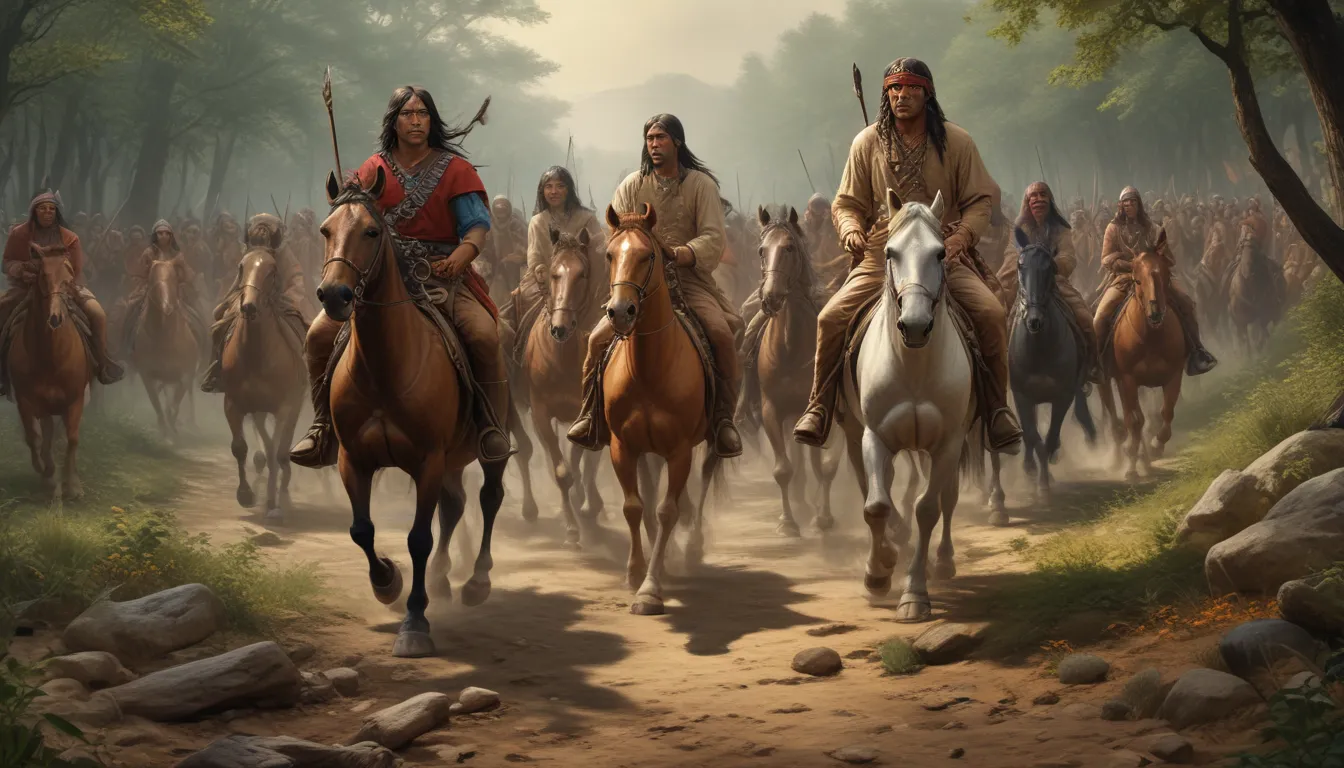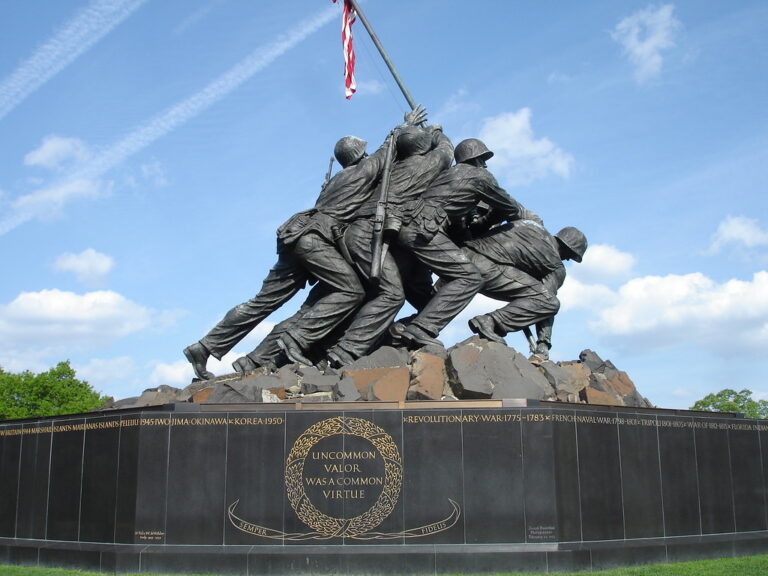The images in our articles may not match the content exactly. They are used to grab your attention, not to show the exact details in the text. The images complement the text but do not replace it.
Welcome to a journey through one of the most tragic yet crucial periods in American history – the Trail of Tears. Delve into the depths of this harrowing chapter as we explore the facts, stories, and legacies that have left a lasting imprint on the fabric of our nation. From the origins of the Indian Removal Act to the struggles of the American Indian tribes, discover the untold truths behind this dark moment in time.
Understanding the Trail of Tears
The Trail of Tears marked a pivotal moment in American history, catalyzed by the signing of the Indian Removal Act in 1830. This legislation, enacted during President Andrew Jackson’s administration, set into motion a series of events that would forever alter the lives of American Indians. The Act mandated the relocation of indigenous tribes from their ancestral lands west of the Mississippi River to the east, sparking a tumultuous journey filled with heartache and despair. The name “Trail of Tears” encapsulates the profound suffering and sorrow endured by the tribes as they traversed this unforgiving path.
Uncovering the True Depths of Suffering
- The Trail of Tears spanned approximately 1,000 miles, encompassing various routes that led the American Indian people towards an uncertain future.
- A total of 17 different tribes were affected by the forced relocation, each facing unique challenges and adversities along the way.
- The Cherokee tribe, known as the “Five Civilized Tribes” alongside the Chickasaw, Choctaw, Creek, and Seminole, bore the brunt of the relocation efforts, enduring unimaginable hardships throughout their journey.
- Despite promises of a new promised land in the west, many tribes were met with force, coercion, and bribery to compel their compliance, leading to widespread disillusionment and resistance.
Untold Stories and Forgotten Legacies
Amidst the turmoil and tragedy of the Trail of Tears, stories of resilience, courage, and defiance emerge, shedding light on the indomitable spirit of the American Indian people. As we uncover the lesser-known tales and overlooked perspectives of this dark chapter, we gain a deeper understanding of the complexities and consequences of the forced relocation.
Voices of the Past:
- The Cherokee tribe, in their native language, referred to the Trail of Tears as nunahi-duna-dlo-hilu-i, meaning “the trail where they cried,” encapsulating the profound sadness and loss experienced during the journey.
- Missionaries played a pivotal role in accompanying and supporting some Cherokee groups throughout the Trail of Tears, providing vital assistance and comfort amidst the harsh conditions.
- The contentious relationship between the state of Georgia and the Cherokee people reached a boiling point following the implementation of the Indian Removal Act, leading to widespread conflict and displacement.
A Legacy of Resilience:
- Researchers continue to piece together the routes taken during the Trail of Tears, shedding light on the varying paths and experiences of the different tribes involved.
- Not all American Indians supported the assimilation of Western traditions, highlighting the diverse perspectives and complexities within indigenous communities during this tumultuous period.
- The enduring legacy of the Trail of Tears serves as a poignant reminder of the resilience, strength, and cultural richness of the American Indian tribes, inspiring reflection and remembrance for generations to come.
In conclusion, the Trail of Tears stands as a somber reminder of the injustices and hardships faced by the American Indian tribes during this dark chapter in history. As we explore the depths of this harrowing journey, we honor the resilience, courage, and spirit of those who endured unimaginable suffering. Let us carry forth their stories, their legacies, and their truths with reverence and respect, ensuring that the lessons of the Trail of Tears are never forgotten.






